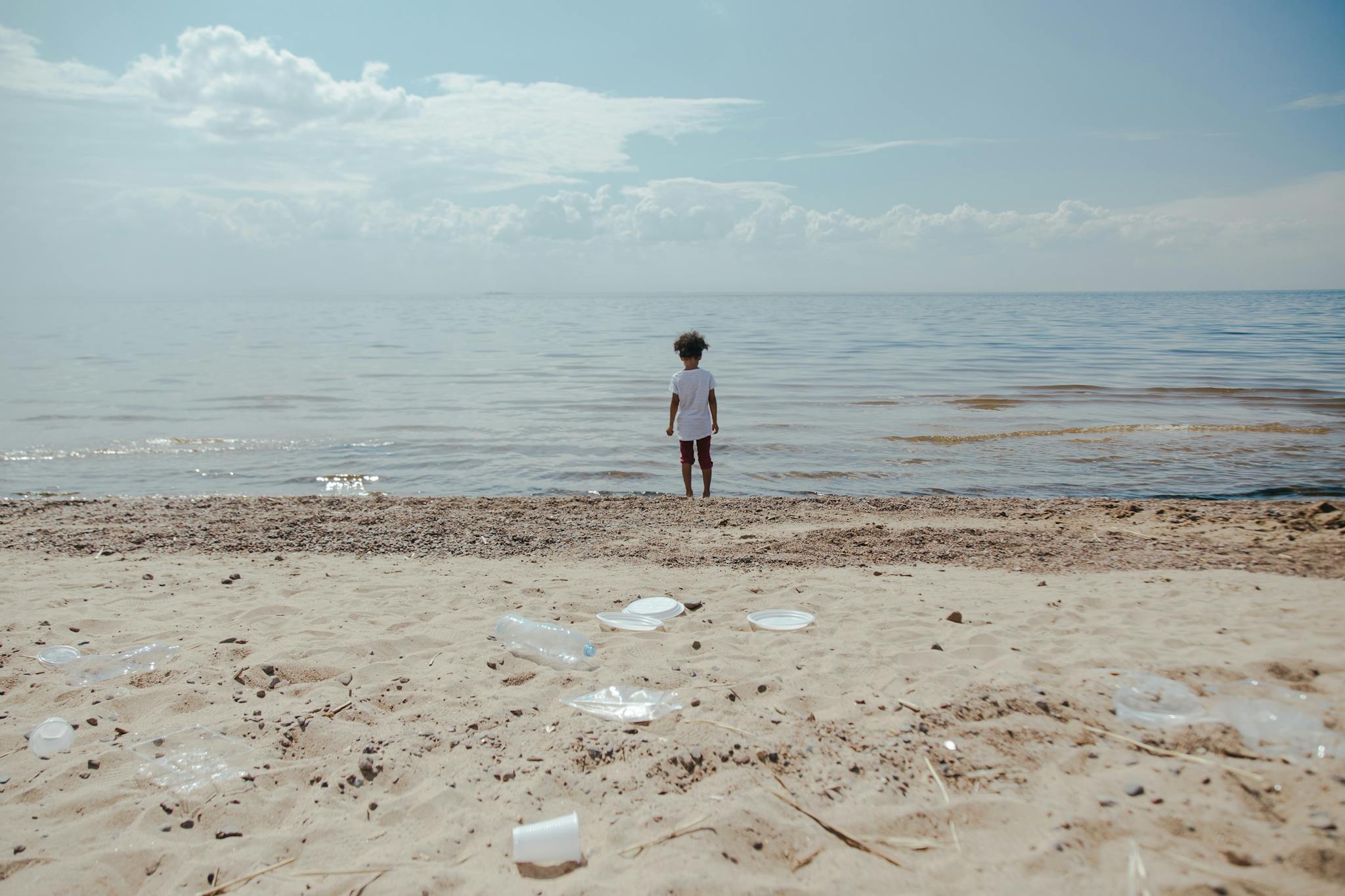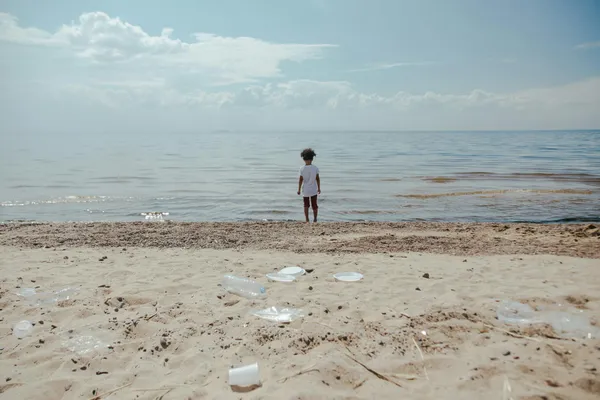Water pollution is a significant global environmental issue that harms ecosystems worldwide. It occurs when harmful substances contaminate water bodies like lakes, rivers, and oceans, posing risks to plants, animals, and humans.

Human activities, such as improper industrial waste disposal, agricultural runoff, sewage treatment failure, and oil spills, contribute to water pollution. The impact of water pollution on ecosystems has drawn increasing attention in recent years. This article explores how water pollution affects ecosystems and suggests ways to mitigate its effects.
Understanding Water Pollution: Causes and Consequences
Water pollution is caused by a variety of human activities, which introduce harmful substances into our water bodies. These activities include industrial waste disposal, agricultural runoff, sewage treatment failure, and oil spills. As a result, the water becomes contaminated with chemicals, toxins, and other pollutants that can have devastating consequences for ecosystems. For example, ocean pollution can lead to the destruction of coral reefs, harm marine animals, and disrupt entire food chains. Moreover, water pollution can also have far-reaching consequences for human health, as contaminated water can cause diseases and illnesses.
The Fragile Balance of Ecosystems
Ecosystems are complex and delicate systems that rely on a delicate balance to function properly. Each component of an ecosystem, whether it be plants, animals, or microorganisms, plays a crucial role in maintaining this balance. Water pollution disrupts this fragile equilibrium by introducing harmful substances that can harm or even kill certain species within the ecosystem. This can lead to a domino effect, as the loss of one species can have cascading impacts on the entire ecosystem. For example, the disappearance of a key plant species can lead to a decline in food sources for other animals, which in turn can affect their population and behavior, ultimately affecting the entire ecosystem.
Devastating Effects on Aquatic Life
The effects of water pollution on aquatic life can be devastating. As mentioned before, contaminated water can lead to the destruction of coral reefs and harm marine animals. This is because many pollutants can disrupt the natural behavior and functions of these organisms, making them more vulnerable to diseases or even death. For example, oil spills can coat the feathers and fur of animals, making it difficult for them to swim, hunt, or regulate their body temperature. Chemicals and toxins in the water can also affect the reproductive systems of aquatic animals, leading to a decline in population and genetic abnormalities. Furthermore, some pollutants can accumulate in the tissues of aquatic animals over time, causing long-term damage to their health and well-being.
Ripple Effects
Water pollution can have ripple effects on the entire food chain, starting with primary producers such as plants and algae. These organisms rely on clean water to survive, but when contaminated water is introduced into their environment, they can become sick or die off. This has a direct impact on the animals that feed on them, disrupting their food source and potentially causing population declines. As a result, predators who rely on these animals as their food source may also face challenges in finding enough food to survive. The ripple effect continues up the food chain, affecting multiple species and ultimately altering the entire ecosystem. This highlights the interconnectedness of ecosystems and how water pollution can have far-reaching consequences beyond just one species or area.
Human Health at Risk
Contaminated water sources can lead to the spread of diseases and illnesses, as well as pose a threat to our food supply and overall well-being. For example, agricultural runoff contaminated with pesticides and fertilizers can pollute our drinking water and make us sick if consumed. In addition, sewage treatment failure can lead to the release of harmful bacteria and viruses into our water sources, putting human health at risk. Individuals and communities need to be aware of the potential impacts of water pollution on their health and take action to prevent it. This includes proper waste disposal, reducing the use of chemicals in agriculture, and supporting efforts to improve water treatment systems.
Solutions for a Cleaner Future
The good news is that there are steps we can take to combat water pollution and protect ecosystems. Governments and industries must work together to implement stricter regulations and enforce penalties for those who violate environmental laws. Individuals can also make a difference by reducing their water usage, properly disposing of waste, and supporting organizations that work towards protecting our water bodies. Furthermore, advancements in technology, such as metering pumps and flow meters from trusted providers like Blue White Industries, have allowed for more efficient and effective water treatment processes, which can help reduce the amount of pollutants that enter our water sources.
Water pollution significantly impacts ecosystems worldwide. It disrupts delicate balance, harms aquatic life, and threatens human health. Understanding its causes and consequences is crucial for taking action to prevent further damage. By working together and making conscious efforts towards cleaner water sources, we can protect ecosystems, preserve biodiversity, and ensure a healthier planet for future generations. Let’s start making a positive impact on our environment now.








